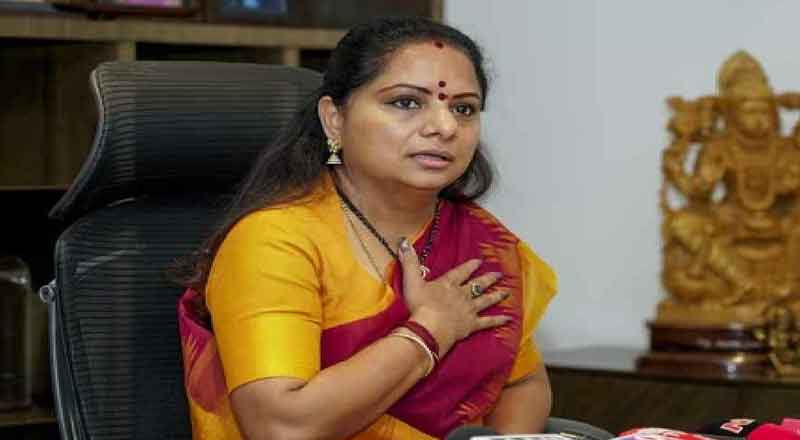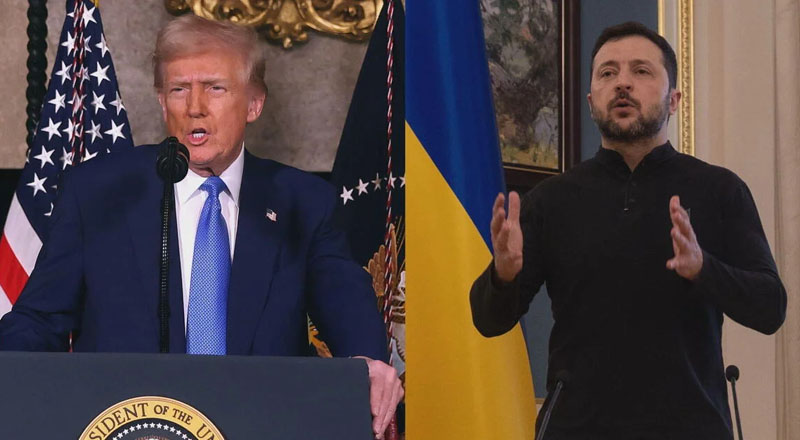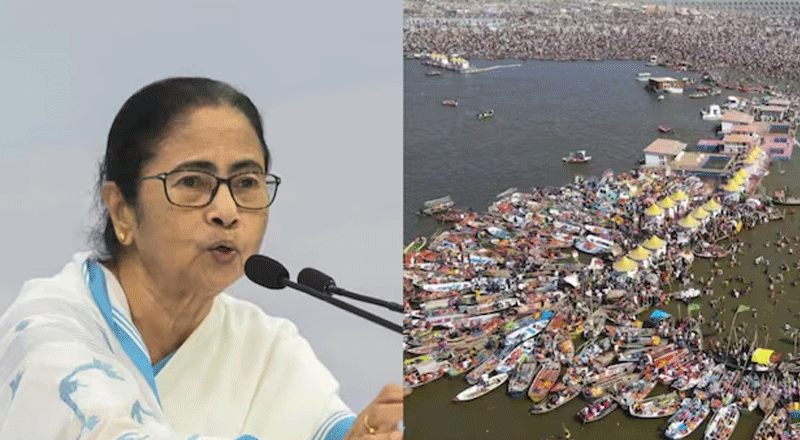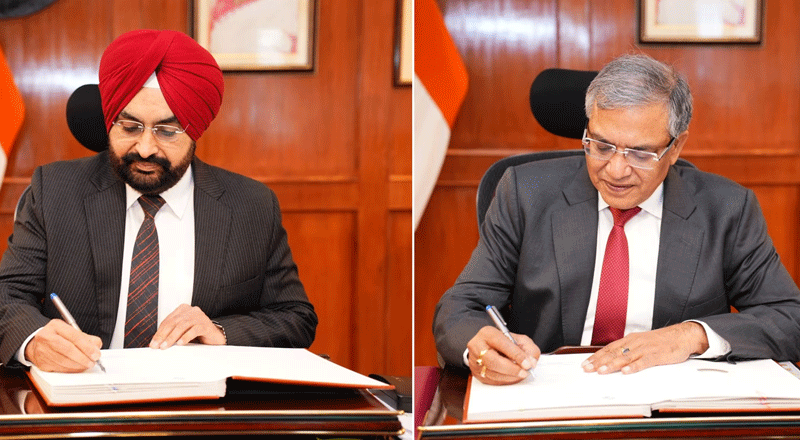In a significant development, the Supreme Court on Tuesday granted conditional bail to Bharat Rashtra Samithi (BRS) leader K Kavitha, who had been in custody since March 15 in connection with the Delhi excise policy case. The daughter of former Telangana Chief Minister K Chandrasekhar Rao, Kavitha was arrested first by the Enforcement Directorate (ED) in March, followed by the Central Bureau of Investigation (CBI) a month later. The case also involves prominent figures like Delhi Chief Minister Arvind Kejriwal and his former deputy, Manish Sisodia.
Supreme Court’s Concerns and Bail Decision
During the hearing, a Supreme Court bench comprising Justices BR Gavai and KV Viswanathan expressed serious concerns about the manner in which the investigation was being conducted by the CBI and the ED. The court questioned the agencies’ lawyer, Additional Solicitor General SV Raju, about the specific evidence linking Kavitha to the alleged scam. The bench asked, “What is the material to show that she was involved in the crime?” This tough question underscored the court’s skepticism regarding the evidence presented by the agencies.
K Kavitha’s legal defense, led by Senior Advocate Mukul Rohatgi, argued that the investigations by both agencies had been completed and that there was no substantial evidence to justify her continued detention. Rohatgi also cited the recent Supreme Court verdict that granted bail to Manish Sisodia, highlighting that keeping an accused in jail indefinitely without trial is a violation of fundamental rights.
Allegations and the Role of K Kavitha
The Delhi excise policy case has been a major political controversy, with allegations that a group of businessmen and politicians, referred to as the “South Group,” paid kickbacks amounting to ₹100 crore to the Aam Aadmi Party (AAP) in exchange for favorable treatment in the formulation and implementation of the excise policy. K Kavitha is accused of being part of this group, along with other key figures from the business and political sectors.
The prosecution claimed that Kavitha had tampered with evidence by formatting her mobile phone, an allegation that her lawyer vehemently denied, calling it “bogus.” The Supreme Court, however, was not convinced by the prosecution’s argument and granted Kavitha bail, noting that there was insufficient material to establish her involvement in the alleged crime.
Supreme Court’s Critique of the High Court’s Decision
The Supreme Court also took issue with the Delhi High Court’s earlier decision to deny Kavitha bail. The High Court had ruled against her, stating that her education and status as a former Member of Parliament made her ineligible for bail, as she was not considered a “vulnerable” woman. The Supreme Court strongly criticized this reasoning, arguing that the law should be applied judicially and that the High Court had “totally misapplied” the relevant legal provisions. The Supreme Court emphasized that bail decisions should not be influenced by the education or social status of the accused.
Reactions and Political Implications
Following the Supreme Court’s decision, the BRS took to social media to express their relief, stating, “She was illegally imprisoned for 166 days… without showing of any evidence. Justice finally won in a politically motivated case.” The case has been widely seen as politically charged, with several opposition leaders, including Manish Sisodia and Sanjay Singh, facing similar charges and legal battles.
As the legal proceedings continue, the Supreme Court’s decision to grant bail to K Kavitha marks a significant moment in the ongoing controversy surrounding the Delhi excise policy case. The court’s criticism of the investigative agencies and the High Court’s reasoning adds another layer of complexity to this high-profile case, which has already had far-reaching political implications.
(With inputs from agencies)





